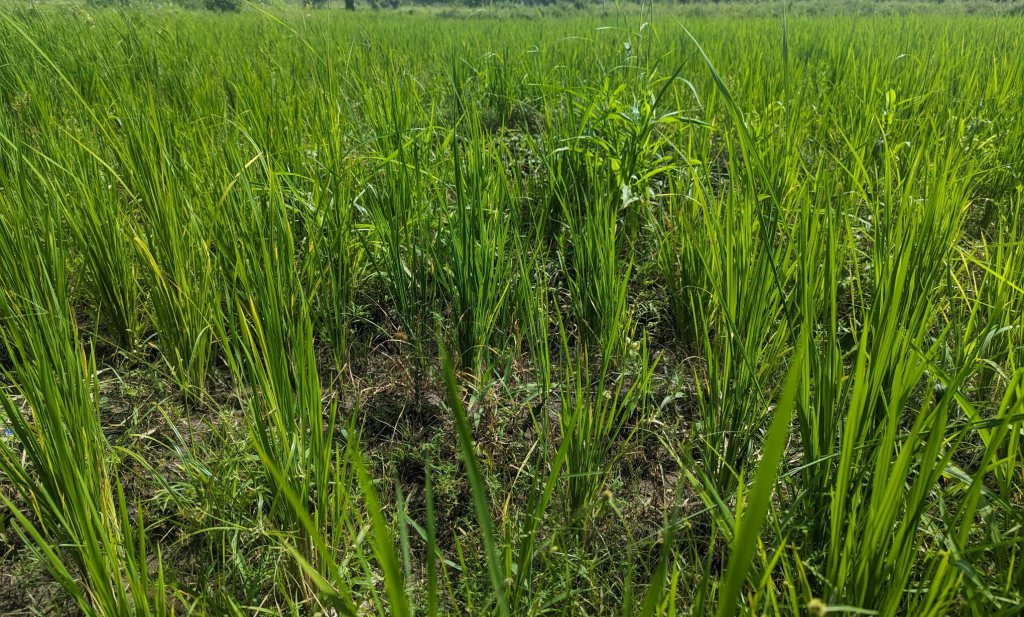Food is an essential necessity of man and having it in sufficient quantity and quality is a must for survival and growth. Year in and out, the focus is to increase food productivity and at the same time, high quality and safe products. However, farmers are faced with enormous challenges especially in developing countries where smallholder farmers contribute to the majority of the food consumed and have little or no access to simple modern equipment and technologies.
Insecurity is still a challenge in some developing countries, specifically agrarian communities. Asides communal clashes, farmers-herders clashes, banditry and terrorism had adversely affected food production. In the affected areas, farmers have been displaced living in IDPs and in other cases, they don't have access to their farmland. Insecurity of any form is a big threat to food security and there is a need to address the root cause of insecurity. In addition, there is a need to rethink our security architecture from being defensive to offensive (This is a layman's perspective and opinion).
Furthermore, the climate is changing and the crisis is becoming overwhelming especially for smallholder farmers who are mainly into rainfed farming. Aside from the issue of dry spell, floods are taking over the farmland and destroying crops and livestock, which is also a threat to food security. There are other challenges ranging from internal to external factors contributing to food insecurity in other countries but the main issue is our response to providing lasting solutions
Therefore, there is a need for the relevant stakeholders to tackle this issue head-on with the appropriate strategies that have been suggested from the many conferences, articles and workshops organized from various organizations to ensure sustainable solutions. Also, we need the appropriate political will power to implement them right on time for the good of the people. This is because any delay in solving these challenges is very dangerous to the economy and the development. Food security is a goal not only to provide food, it also empowers farmers to gain economic power and stability for a better society.
Yours-in-Service
Babatunde
Furthermore, the climate is changing and the crisis is becoming overwhelming especially for smallholder farmers who are mainly into rainfed farming. Aside from the issue of dry spell, floods are taking over the farmland and destroying crops and livestock, which is also a threat to food security. There are other challenges ranging from internal to external factors contributing to food insecurity in other countries but the main issue is our response to providing lasting solutions
Therefore, there is a need for the relevant stakeholders to tackle this issue head-on with the appropriate strategies that have been suggested from the many conferences, articles and workshops organized from various organizations to ensure sustainable solutions. Also, we need the appropriate political will power to implement them right on time for the good of the people. This is because any delay in solving these challenges is very dangerous to the economy and the development. Food security is a goal not only to provide food, it also empowers farmers to gain economic power and stability for a better society.
Yours-in-Service
Babatunde
Related



